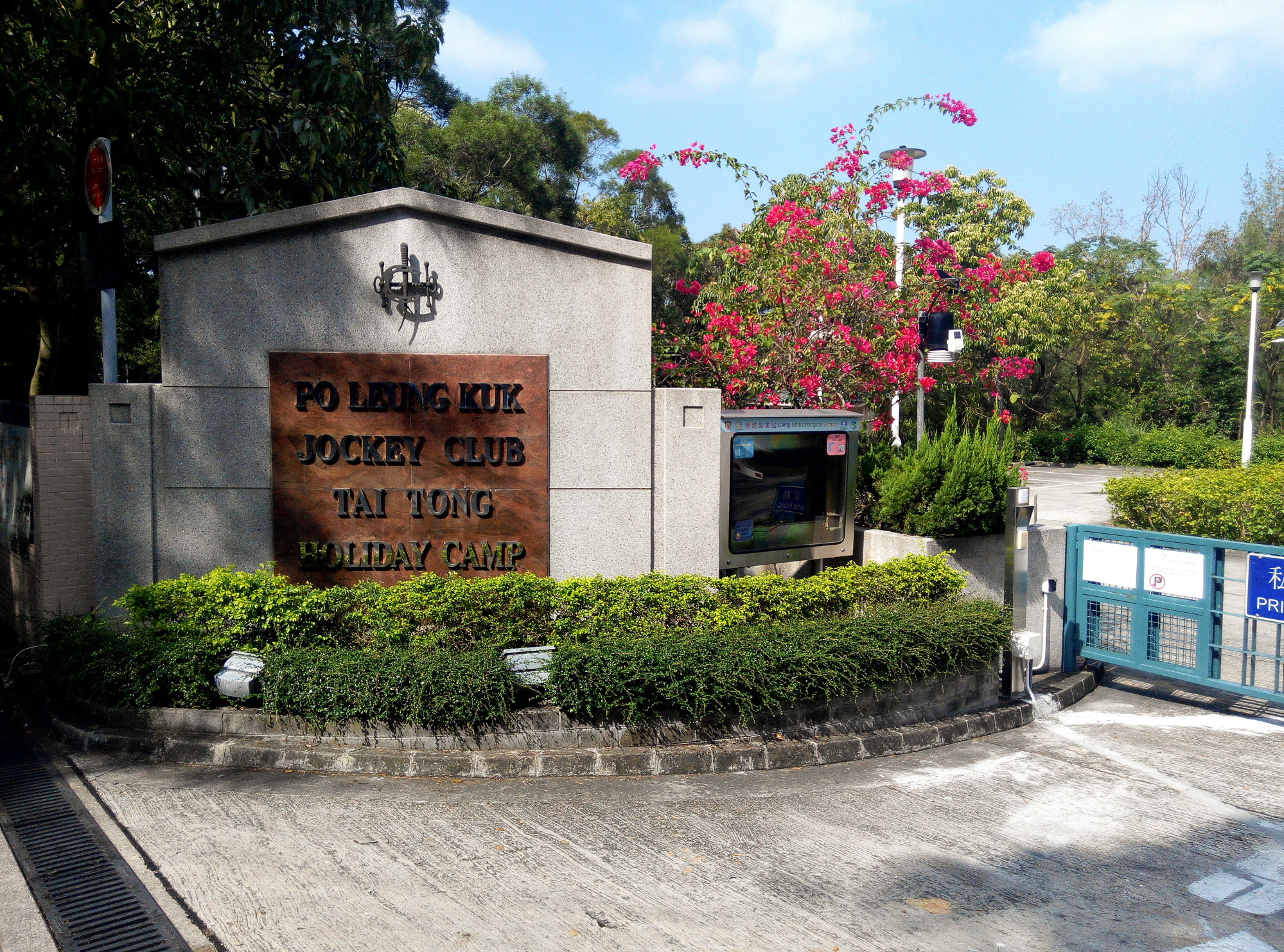
‘Tradition’ of bullying and sexual abuse at university orientation camps must stop
- Such acts have been known for decades. Universities must now step in and stop ‘ocamps’ from degenerating into sanctioned abuse, hazing and harassment
That this problem keeps cropping up makes it absolutely necessary for universities to do more to safeguard their students, including and especially incoming ones. And by doing more, I mean going beyond stating their “zero tolerance” policies towards bullying and inappropriate behaviour and updating their guidelines on organising student activities.
Clearly, orientation camps have deviated from their intended purpose – to welcome newcomers, offer a chance to make friends, and introduce them to a supportive and inclusive community and university life – into some sort of initiation process, a rite of passage for newcomers to be “accepted”.
Initiation rites are a part of human existence and an important part of socialisation. A community with a strong identity fosters conformity and stability. Power is obviously at play. Outsiders must prove themselves worthy to be accepted. Once upon a time, it would have been justified by, say, the survival of the tribe.

But subjecting students already accepted into the university to activities that resemble initiation rites are in effect an ostracisation – and that goes against the very purpose of orientation. There’s a line between fostering a sense of belonging and making newcomers feel unwelcome unless they complete certain activities, however inappropriate or harmful.
Hazing involves harmful behaviours that can include forced consumption of alcohol or illegal drugs, which impairs judgment and makes it hard for intended victims to defend themselves. Also in this category are coerced or degrading sexual acts and physical abuse.

While initiation rituals can be powerful and highly effective in creating intense shared experiences that strengthen community spirit and instil core values, they can also be very destructive.
Philippines urged to add ‘more teeth’ to anti-hazing law after student’s death
It found that as many as 23 per cent of university students had been sexually harassed in the 12 months before its survey. More importantly, it identified and examined the reasons that victims did not come forward, the enabling silent bystanders, the abuse of power and the lack of support from universities when it comes to raising awareness on sexual harassment.
Alice Wu is a political consultant and a former associate director of the Asia Pacific Media Network at UCLA

